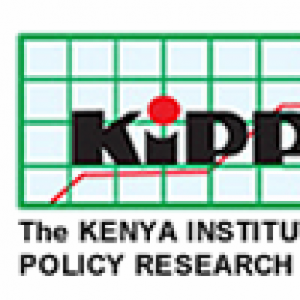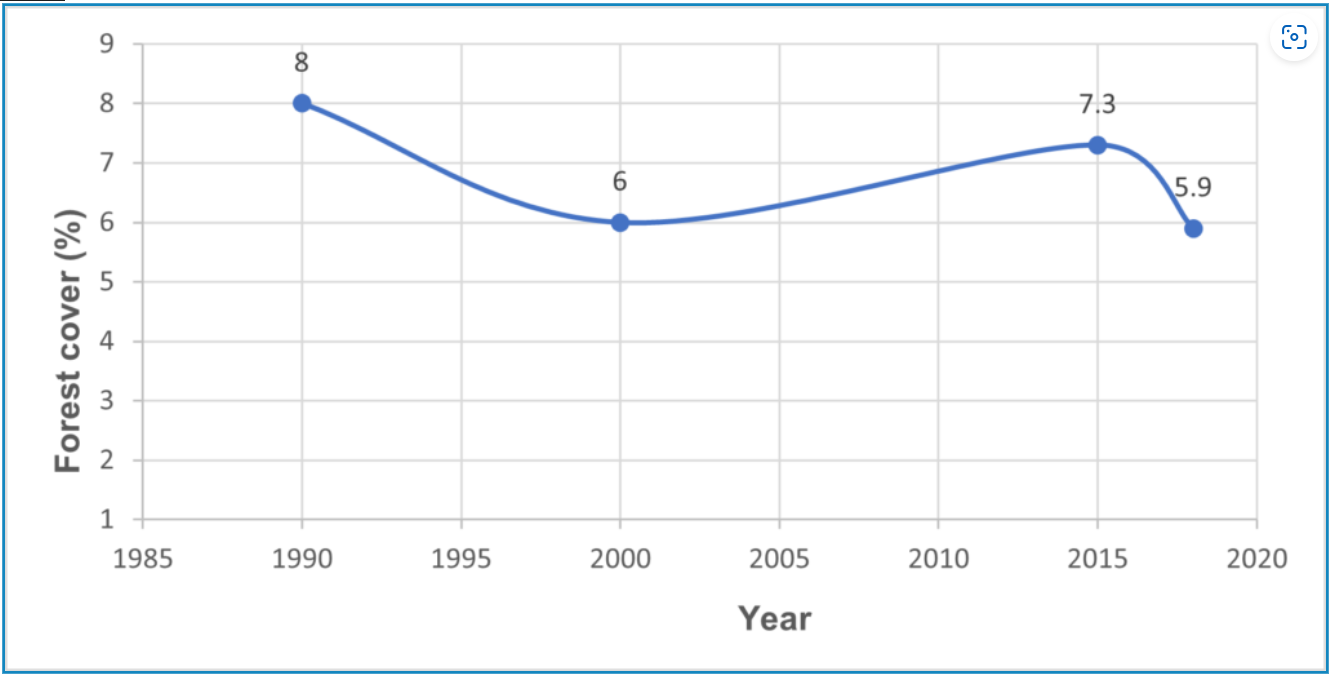The Youth Transformative Agenda refers to a set of actions , principles, enterprises, protocols and strategies which are aimed at bringing out positive changes in the lives of the youths in Kenya. The key role of Youth Transformative Agenda is often focused on supporting and empowering the youths in various aspects of their lives including civic engagement, employment opportunities, education as well as social inclusion. Youth Transformative Agenda is discussed and implemented in a number of countries including Kenya, Rwanda, Singapore, Sweden, Norway, just to mention a few, since gaining independence.
The nature of growth in the context of youth transformation involves not only economic aspects but also social, cultural, and personal development. Economic growth may be driven by increased youth employment, entrepreneurship, and productivity. Social and cultural growth can result from educational opportunities.
First, there are improvements in healthcare access, which includes sexual and reproductive health services, targeted at the youth demographic. This aspect is crucial for the youths well-being and contributes to the broader transformative agenda. We all know that a healthy youth contributes one hundred percent to the personal and economic development of the country.
Moreso, Kenya has seen success in sports and arts on the global stage. The government’s support for talent development in these areas has provided youths with opportunities for personal growth and international recognition. Through sporting activities, the youths have managed to secure chances both locally and internationally to facilitate their development. The government provides funds to various upcoming sporting clubs across the country. This will help reach even the local talented youths thereby facilitating youths development.
Additionally, there is monitoring and evaluation of youths. The governments and stakeholders monitor the progress of Youth Transformation Agenda through various indicators such as employment rates, educational attainment, and overall well-being of the youth. It provides systematic process to track, enhance and asses the impacts of various initiatives which are targeted for the development of the youths. It fosters transparency and accountability as well as contributing to long term planning of the youth transformation.
On the other hand, political instability poses a limitation. It creates uncertain environment thereby hindering economic growth and job creation. Youths aspiring to contribute to society, face challenges in realizing their potential political turbulence, as it often results in economic downturns and reduced investment. Additionally, political instability erodes trust in institutions, discouraging youth participation in governance and civic activities. Also lack of stability leads to disruptions in education thereby limiting the opportunities for skill development and the general progress of youths.
Furthermore, economic constraints serve as a substantial limitation.It impedes impeding their aspirations and hindering societal progress. Limited access to financial resources creates barriers for young individuals aspiring to start businesses or pursue entrepreneurial ventures. The lack of capital often restrains innovation and limits opportunities for economic independence. High unemployment contributes to economic constraints, as many youths struggle to find meaningful and stable employment. Insufficient economic opportunities hinder the overall development of communities, as the potential contributions of a skilled and motivated youth population go unrealized.
Corruption and mismanagement pose substantial limitations to youths transformation. Corruption diverts resources away from crucial sectors such as education, healthcare and job creation, hindering the youth’s access to opportunities. Mismanagement of public funds exacerbates these challenges, leading to inefficiencies and reduced effectiveness of programs intended for youth empowerment. Moreover, corruption erodes trust in institutions, discouraging the active participation of young individuals in civic activities and governance. It hinders fair allocation of resources and opportunities.
Limited access to opportunities hinders their personal development. Restricted access to quality education and vocational training, deny many young individuals the chance to acquire the skills needed in the job market. Economic opportunities have barriers such as lack of financial resources, limited access to credit and inadequate support for entrepreneurial endeavors. This prevents youths from realizing their potential as innovators and job creators. Moreover, barriers to entry in various sectors, including discriminatory practices and nepotism, contribute to a lack of diversity and hinder the inclusivity of youth in professional environments.
Provision of education and skills development as outlined in the constitution (2010), calls for the implementation of policies that prioritize accessibility to the quality education. The education provided should focus on equipping the youths with relevant skills for the rapidly changing job market. It comprises of promotion of digital literacy, vocational training, and STEM education to enhance competitiveness. The targeted skills development initiatives should ensure that the Youths attain practical competencies aligned with the newly evolving demands in the market. Education and skills development acts as a catalyst for entrepreneurship, innovation and positive change.
According to employment Act 2022, several initiatives should be developed and implemented to stimulate job creation. Such initiatives include provision of incentives to finance business ideas, creation of more industries in rural areas and supporting entrepreneurship. There should be encouragement of partnerships between educational institutions and industries to ensure alignment of the curriculum with the market demands. Implementation of targeted job training and internships to bridge the gap between employment and education . Additionally, establishment of initiatives to attract investments in various sectors of the country with high youths employment opportunities.
As per the constitution , Article 43 (1) (a), highest attainable health standard to be implemented thus there should be development of mental health programmes in Kenya to address the increasing mental health challenges among the youths. Promotion of youth-friendly sexual and reproductive services to empower them to make better decisions. Implementation of preventative measures national campaigns to encourage disease prevention to promote healthy lifestyle.
Youth participation in governance as per Kenya Reform Commission (KLRC) is the recognition of the capacity of young individuals to contribute meaningfully to democratic processes. Therefore, there should be establishment of platforms for youth representation in decision-making bodies, advisory councils, and community forums to ensure their voices are heard in policymaking Implementing civic education programs in schools to cement the understanding of democratic values, governance structures, and the importance of active citizenship.
In conclusion, the Constitution expressly calls upon the State to take measures that will enhance education and training among the youth. It also talks of the opportunity for the youth of both representation and participation in social, economic and political processes and access to employment.The youth transformative agenda is a critical aspiration for societal progress, aiming at empowering the youth generation. Therefore, implementing and sustaining these strategies fosters positive transformation thereby contributing to a more inclusive and dynamic future.
Author: Nasiche Juliah, Student, Kibabii University





